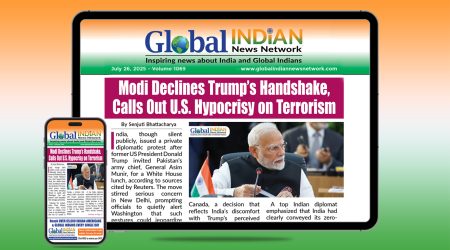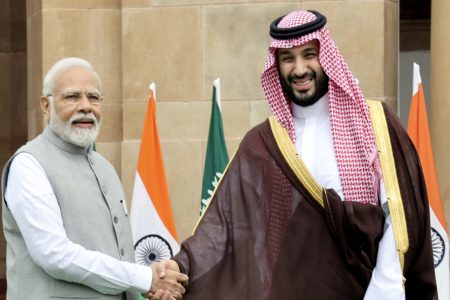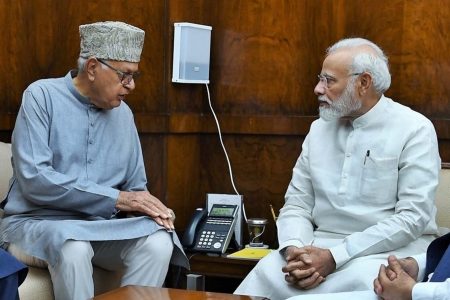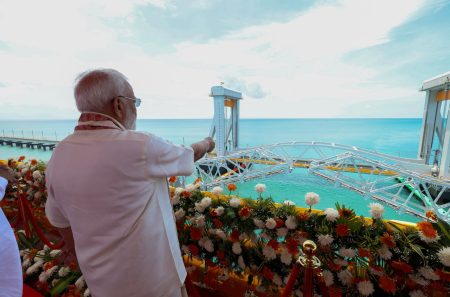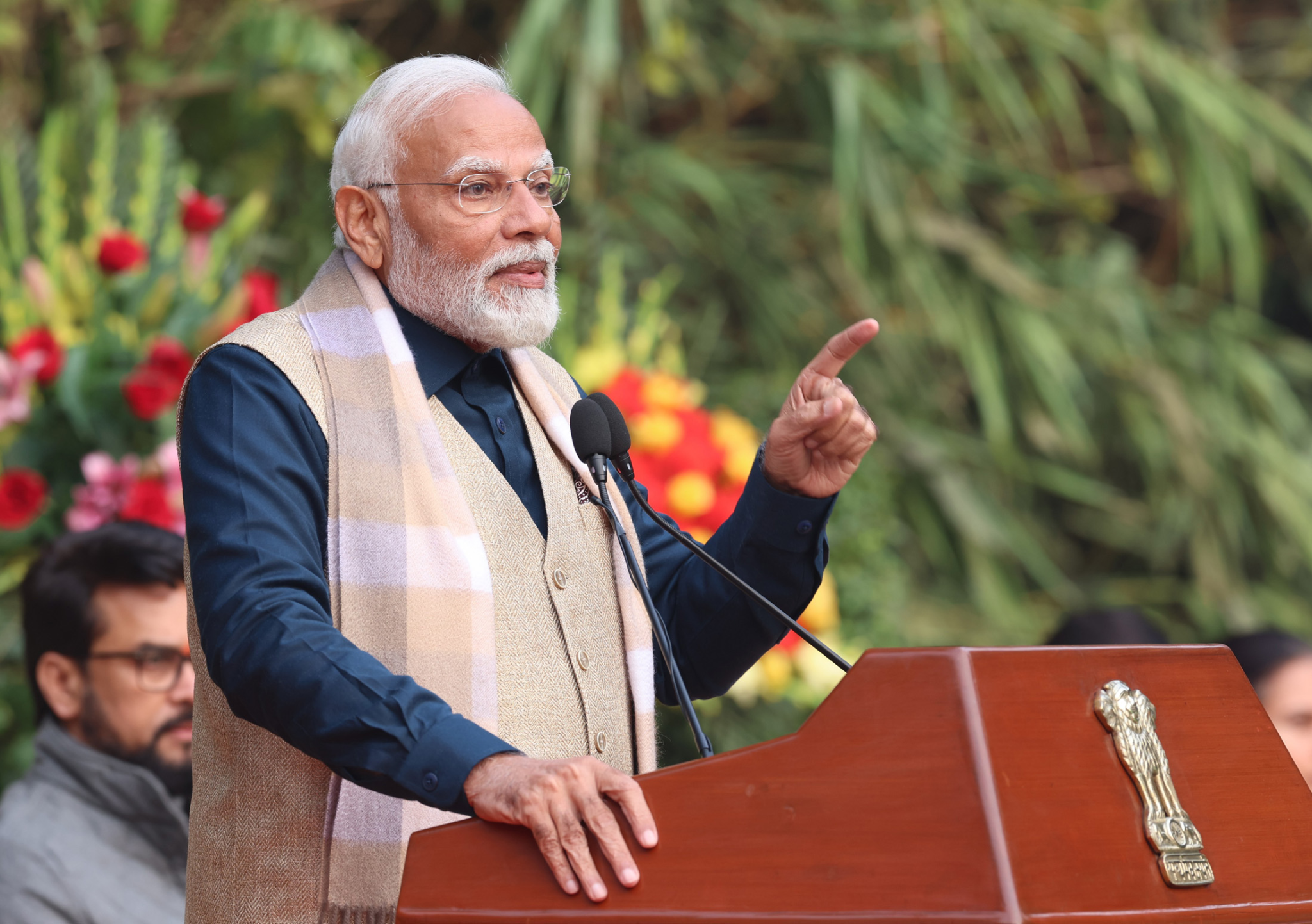
Since assuming office in 2014, Prime Minister Narendra Modi has embarked on a transformative journey to promote development and unity throughout India. His leadership is characterized by a steadfast commitment to reducing regional disparities and fostering inclusive growth, bridging traditional divides between the North and the South. Through various initiatives and development projects, PM Modi has revitalized stagnant schemes, initiated new projects, and emphasized linguistic diversity, laying the groundwork for a more cohesive and prosperous nation. He has not only enhanced connectivity across the country but also celebrated India’s cultural diversity, showcasing it to world leaders during events like the G20 summit, where foreign dignitaries traveled from the Andaman and Nicobar Islands to Kashmir.
Cultural Connection
PM Modi’s efforts to promote cultural exchange and understanding between different parts of India are evident through initiatives like the Kashi Tamil Sangamam, which celebrates the rich heritage of Tamil language and literature in Varanasi. Similarly, the Saurashtra-Tamil Sangamam brings together speakers of Saurashtra and Tamil languages, fostering mutual appreciation and cultural exchange. By reviving such cultural events, PM Modi’s government promotes linguistic harmony and a sense of belonging among people from diverse linguistic backgrounds. Additionally, initiatives like installing the Sengol, symbolizing fair governance, highlight the enduring cultural values of ancient India, fostering a sense of unity among citizens.
Moreover, the government’s focus on leveraging AI for language learning ensures that individuals across India have access to resources for mastering multiple languages, further promoting inclusivity and understanding.
Empowering States and Promoting Cooperative Federalism
PM Modi’s governance approach emphasizes cooperative federalism, empowering states to drive their own development agendas while receiving support from the central government. Initiatives such as the NITI Aayog provide a platform for states to collaborate on development strategies, including those related to linguistic and cultural preservation. The government strengthens national unity while honoring regional diversity by enabling states to uphold and cherish their linguistic heritage. Additionally, initiatives like the Smart Cities Mission prioritize inclusive urban development, considering the linguistic and cultural diversity of urban populations, thus ensuring that people from different linguistic backgrounds can thrive and contribute to the nation’s progress.
Political Impact
Despite opposition claims of diminishing influence in the south, PM Modi’s BJP has seen growth in vote share and seats in recent Assembly elections. For instance, in Telangana, the BJP more than doubled its tally, winning seats previously held by prominent figures. Similarly, in Mizoram, the BJP made gains in constituencies with high literacy rates and Christian populations. These electoral successes demonstrate the BJP’s increasing acceptance and presence across India.
Prime Minister Narendra Modi’s vision for “Ek Bharat Shrestha Bharat” aims to create a more inclusive and prosperous nation where everyone can contribute to and benefit from India’s growth. This vision encompasses economic development, infrastructure growth, linguistic cohesion, and cultural harmony. To achieve this, the Modi government is revitalizing cultural events, promoting linguistic diversity, investing in connectivity and infrastructure, and leveraging AI-driven language learning. Through these efforts, the government strengthens national unity while respecting regional diversity.

